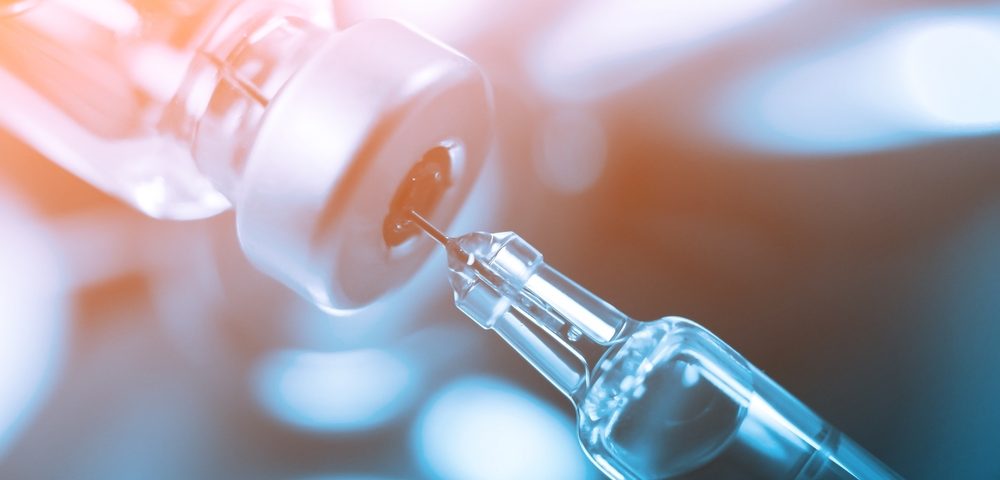Gracell Biotechnologies has developed a platform, called FasT CAR-T, that is able to manufacture its CD19-targeting CAR T-cell product in a single day, as opposed to 14 days for conventional CAR T-cell therapies. Manufacturing costs also were reduced.
The low-cost treatment, the company says, also is safe and several times more potent against B-cell acute lymphoblastic leukemia and non-Hodgkin’s lymphoma than conventional CAR T-cell approaches, both in lab-grown cells and in humans.
“Lengthy manufacture, high cost, relapse, and ineffectiveness in solid tumors of CAR-T products are the major challenges the CAR-T industry is facing,” William Wei Cao, founder, chairman, and CEO of Gracell, said in a press release. “Gracell’s mission is to develop highly effective but low cost CAR-T cancer therapies for large unmet needs.”
CAR T-cell therapy is a type of treatment that involves collecting a patient’s own immune T-cells and modifying them to produce a chimeric antigen receptor, or CAR, that targets a specific cancer protein. The genetically engineered cells are then expanded to millions in the lab and inserted back into the patient, where they help fight the tumor.
To date, only two CAR T-cell therapies have been approved — Kymriah (tisagenlecleucel) and Yescarta (axicabtagene ciloleucel) — both of which target the CD19 protein at the surface of lymphoma and leukemia cancer cells.
As an alternative, some companies are starting to develop CAR T-cells from healthy donors as off-the shelf products.
The problem with current approaches is that their manufacturing process is very expensive and long, e.g., the time from collection to infusion can take up to three weeks, which for rapidly-growing diseases is a long time.
Gracell’s FasT CAR-T is a new platform that shortens the manufacturing process of CAR T-cell therapies from two weeks (the average manufacturing time for conventional CAR T-cell therapies) to one day — the shortest in the industry, so far — while reducing the manufacturing costs.
The company’s CD19-directed FasT CAR-T cell therapy (CD19-F-CAR-T) is being tested in a Phase 1 clinical trial (NCT03559439) in China, for patients whose B-cell cancers are positive for the CD19 protein.
The trial, currently recruiting participants, will test three CD19-F-CAR-T doses — 100,000, 2 million, or 6 million cells per kilogram body weight — given into the blood over three days: 10% on the first day, 30% on the second day, and 60% on the last day.
Early data shows that out of nine young adult B-cell acute lymphocytic leukemia patients treated with CD19-F-CAR-T, eight went into complete remission. Moreover, the CD19-F-CAR-T was 20 to 40 times more potent than conventional CAR T-cell therapy.
An early Phase 1 study (NCT03825718), also open for recruitment, is testing the CD19-F-CAR-T in B-cell acute lymphocytic leukemia patients with relapsed or refractory disease. Participants will receive one of two doses of the therapy, delivered in a single injection.
Gracell also is developing additional highly effective and low-cost CAR T-cell therapies, including an off-the-shelf therapy and a dual CAR T-cell therapy.
With time, cancer cells may lose the expression of a particular protein, like CD19, which will impair the CAR T-cells ability to recognize the cells. In the dual CAR-T-cell therapy, researchers manipulate the T-cells to target not just one, but two, cancer proteins.
Gracell is testing a dual-CAR-T cell therapy targeting the CD19 and CD22 protein (CD22 is produced by almost all B-cell cancers ) in an early Phase 1 trial (NCT03825731) for refractory and relapsed B-cell acute lymphocytic leukemia patients.


